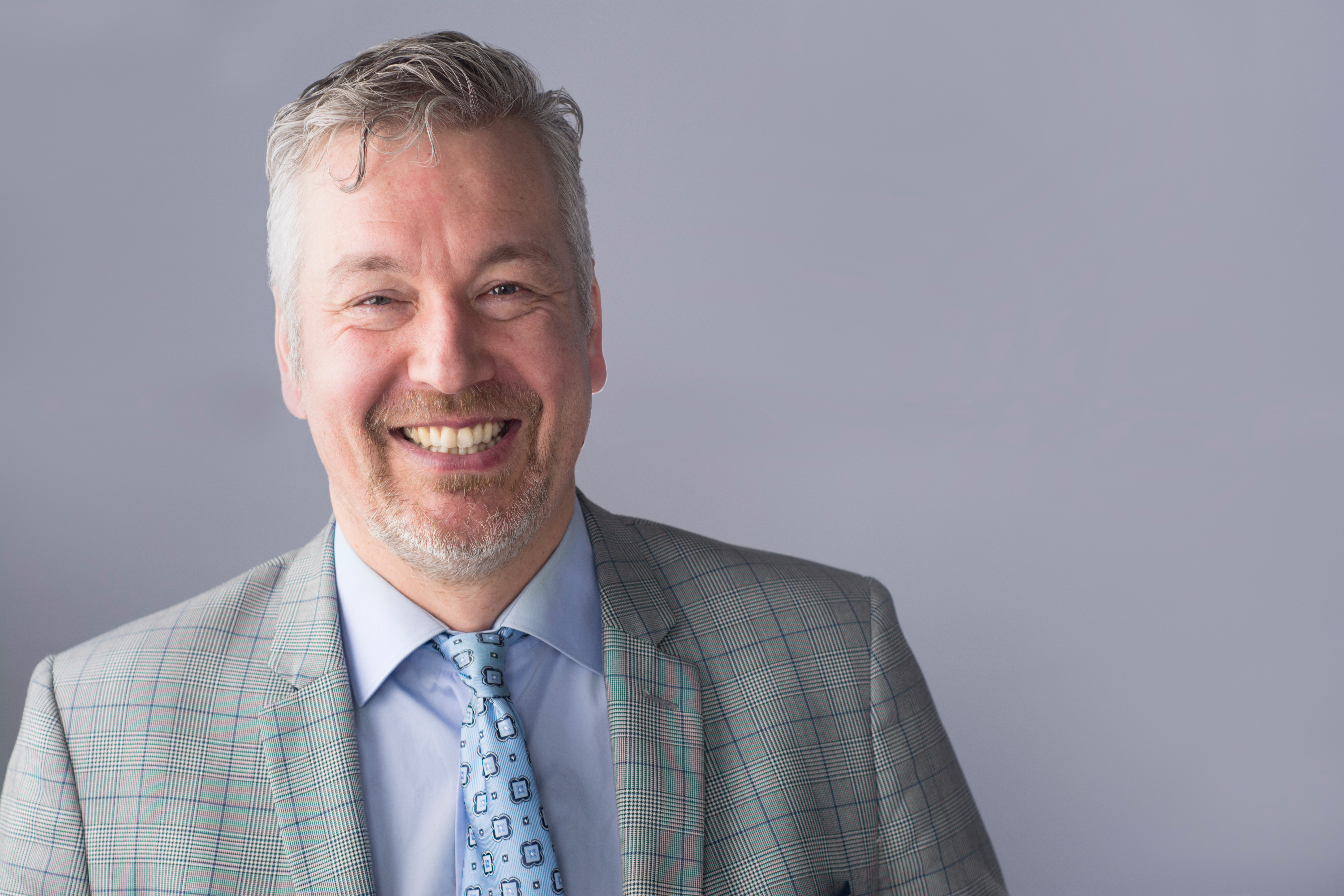
Vicki Saunders describes herself as the “original millennial.” Unlike many other business leaders of her generation, she’s always believed it’s possible to “do good” and be successful at the same time.
“I had that special gift of looking at things differently, as a lot of entrepreneurs do,” she says. “Why would you just go out to make as much money as you can, greedily, and hold on to it? That just never made sense to me. I’ve always been obsessed with how you can create a better world.”
Saunders’ spirit of generosity is a natural extension of her upbringing. Her parents created Saunders Farms near Ottawa, ON, Canada, an enterprise she calls a “rethinking of agriculture,” which was rooted in a sense of community, where people “would do almost anything for you, and you would do the same for them.” She realized at an early age that a society based on these types of relationships, instead of a more transactional mindset, would enable everyone to succeed while making the world a better place.
However, as a serial entrepreneur who spent years in the technology space, she witnessed firsthand what she describes as a “troubling lack of generosity” that creates a very isolating experience for female entrepreneurs.
“This is something in particular that I notice with women,” Saunders says. “We are just so cultured, from the moment we are born, to be good, be quiet, be perfect, not ask questions, put your head down and do it yourself. Although I think all entrepreneurs feel alone sometimes, it’s especially prevalent for female entrepreneurs.”
She knew something had to change – that’s when the idea for SheEO began to take shape.
“As I tried to get underneath what is missing in the business world, it was really the sense of: if we were generous with each other, if you imagined that people would support you if you asked, how might you dream differently?”
Founded in 2015, SheEO redefines the venture capital model for female entrepreneurs, creating a worldwide support network of like-minded professionals who empower each other to dream big and achieve success through “radical generosity.”
Here’s how the SheEO website describes it:
The model brings together 500 women (called Activators) in each year’s cohort, who contribute $1100 each as an Act of Radical Generosity. The money is pooled together and loaned out at zero percent interest to five women-led Ventures selected by the Activators. All Ventures are revenue generating with export potential and are creating a better world through their business model or their product and service. The loans are paid back over five years and then loaned out again, creating a perpetual fund which can be passed on to daughters, nieces and granddaughters. The 500 women Activators in each cohort become the de-facto ‘team’ of the five selected Ventures bringing their buying power as early customers, their expertise and advice and their vast networks to help grow the businesses.
Since its launch, SheEO has funded 53 female-driven ventures across four countries and currently has over 4000 Activators. Their goal is to grow a billion-dollar fund that will annually back 10,000 women entrepreneurs around the globe.
Saunders is not only hoping to inspire a cultural shift in how we view women in leadership positions, but also how we perceive business success overall. She encourages others to shift from a mentality of “winner takes all” and “go big or go home,” to one of endless possibility, generosity and abundance.
“At the end of the day, most of us are very stuck in a certain mindset of ‘this is the way things need to be,’ or ‘this is the way things are,’” Saunders says.
Her advice for how others can begin to break out of this traditional mindset?
Reframe the dialogue
To operate in a completely new paradigm, Saunders says, we need completely new language.
“If you want to create a new behavior, you have to use new words, because if you use existing words then the behavior gets attached,” she says, revealing the intentional choice behind calling SheEO investors “activators” in order to disassociate from the traditional, elitist connotations of the word “investor.”
Let go of limiting language
Rather than allowing limiting self-talk to hold you back from discovering all achievable possibilities, Saunders suggests using a “flip it” mentality to turn this language on its head and drive innovation.
“That would mean words like, ‘oh that would be hard,’ or ‘that’s not easy,’ or ‘I’m not sure I’m skilled enough to do that.’ All those things we have in our mind that stop us,” she says. “What if it wasn’t hard? And what if they don’t know what they’re doing, and what if we all just made this up? And what if it’s exactly the time for disruption?”
Coined by Stanford psychologist Carol Dweck, a growth mindset is the belief that your abilities can be improved through hard work, learning, perseverance and resilience. For entrepreneurs feeling stuck or discouraged, developing a growth mindset can be a game-changer on the path to success. This is especially relevant for female entrepreneurs, who may have been conditioned to view their abilities as fixed or as a perpetual disadvantage in the male-driven business world.
Saunders stresses the importance of working daily to improve your capacity for a growth mindset to achieve your potential.
“It’s a practice, it doesn’t just happen overnight,” she says. “[You can’t] think ‘I’ll just think differently today’ – you have to work towards it.”

